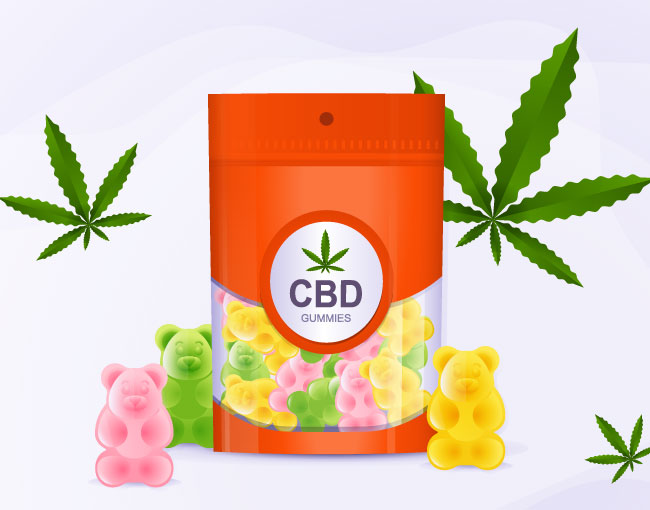As is evident from a walk down a grocery store aisle, many companies are marketing CBD-infused food, beverage, and dietary supplements. And, as many of these companies know, the FDA has not approved CBD use in these products in accordance with the Federal Food, Drug & Cosmetics Act (“the Act”). It is important for companies to understand the regulatory risks involved with selling these products. As an aside, companies should also be aware that if a CBD product does not contain the stated level of CBD or has other unsubstantiated label claims, the company may be subject to consumer fraud suits or lawsuits from competitors.
Overview
FDA enforcement of the Act ranges from issuing a letter notifying the company of the violation and requesting correction to criminal prosecution. The enforcement tool used will depend on the nature of the violation, including consideration of the following: seriousness of the problem; number of people affected; the degree to which people are affected; the strength of the evidence that laws or regulations are being violated; the likelihood of success in remedying a problem; and the availability of federal resources. Traditional FDA enforcement policies call for the agency to use its administrative and civil remedies to deal with the immediate problem, followed by consideration of whether or not to refer criminal charges to the U.S. Department of Justice for prosecution. The FDA predominantly uses informal notices and warning letters as a first step in enforcement.
Administrative and Civil Enforcement Options
The FDA’s enforcement tools include:
- Warning letters. These notify a company of a violation and request correction within a short period of time. This is the most common enforcement tool used, with the FDA issuing tens of thousands of warning letters a year. Regarding CBD specifically, the FDA has so far limited its enforcement to warning letters, but it has clearly noted its considerable concerns around the safety of CBD products, as well as label claims on CBD products, and thus may take further steps to control CBD in the marketplace.
- Issuance of a Form 483 letter, which is a notice of violation issued by an FDA inspector following an inspection. This is essentially requesting a company to remedy violations uncovered during an inspection.
- Seizure of adulterated or misbranded product. The FDA used this enforcement tool only a handful of times.
- Recalls. Recalls are usually conducted voluntarily following FDA request, but the FDA has issued a mandatory recall on kratom products following the manufacturer’s refusal to issue a recall. An average year sees approximately 5,000 recalls.
- Injunctions. The FDA (through the U.S. Department of Justice) can seek a court order to stop the offending act. This mechanism is rarely used.
- Civil penalties. The FDA can issue civil penalties only for certain violations of the Act. Penalties for corporations, partnerships, or associations that introduce adulterated food into interstate commerce is set at no more than $389,550. The penalties are not to exceed $779,098 for all such violations adjudicated in a single proceeding. Penalties would be different if the purpose of the product is marketed as a drug. Civil penalties are infrequently used.
Criminal Prosecution
In addition to the above, the FDA can recommend criminal prosecution to the U.S. Department of Justice. Whether to prosecute is within the DOJ’s discretion. The FDA will generally employ civil or administrative remedies before recommending criminal action. Below are the potential criminal penalties for violation of the Act:
- The following fines are applicable for each offense:
- Up to $100,000 for a misdemeanor by an individual that does not result in death.
- Up to $200,000 for a misdemeanor by a corporation that does not result in death.
- Up to $250,000 for a misdemeanor by an individual that results in death, or a felony.
- Up to $500,000 for a misdemeanor by a corporation that results in death, or a felony.
Misdemeanor convictions can result in fines and/or imprisonment up to one year. Felony convictions, applying in the case of a second violation or intent to defraud or mislead, can result in fines and/or imprisonment up to three years.



